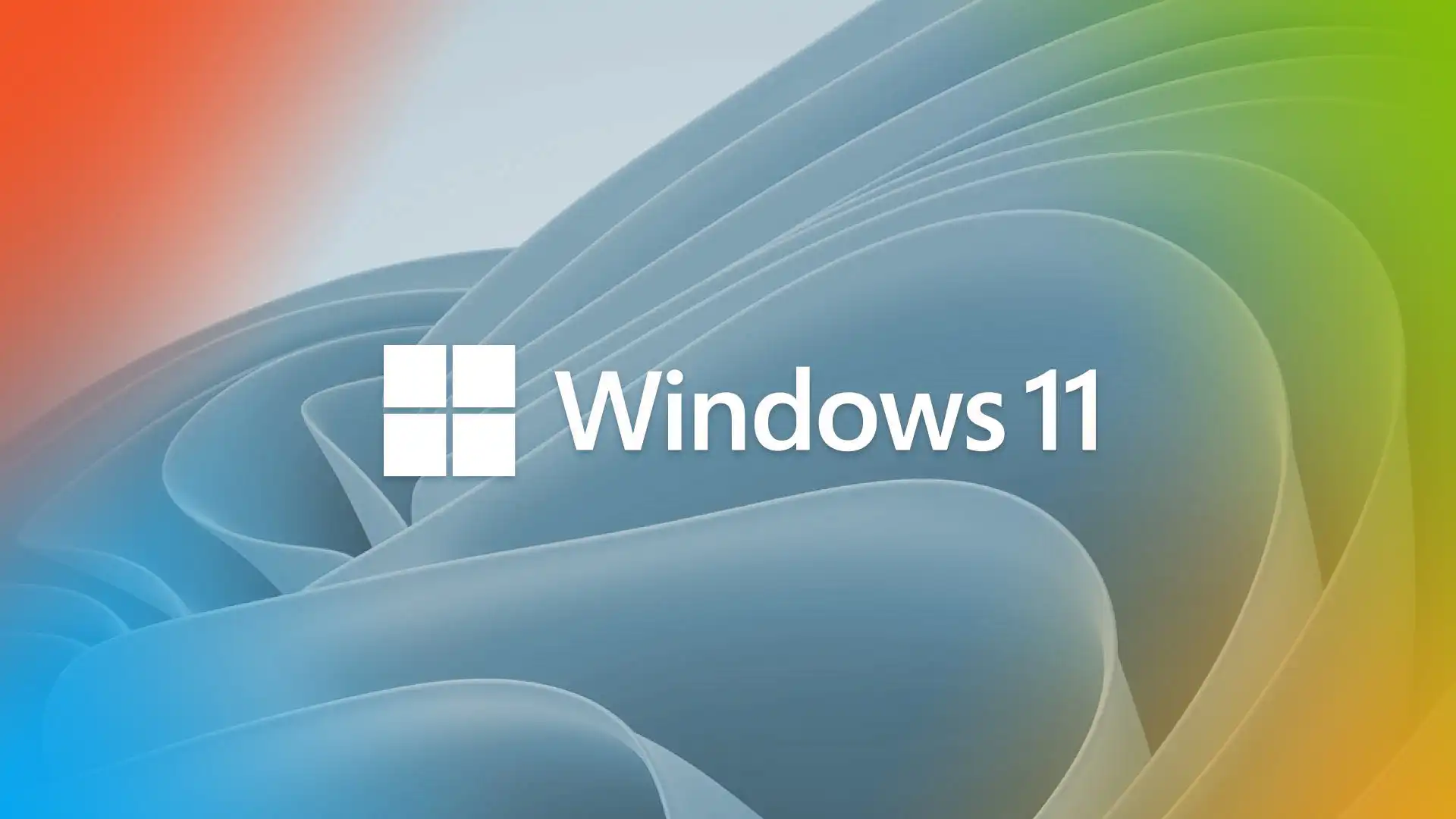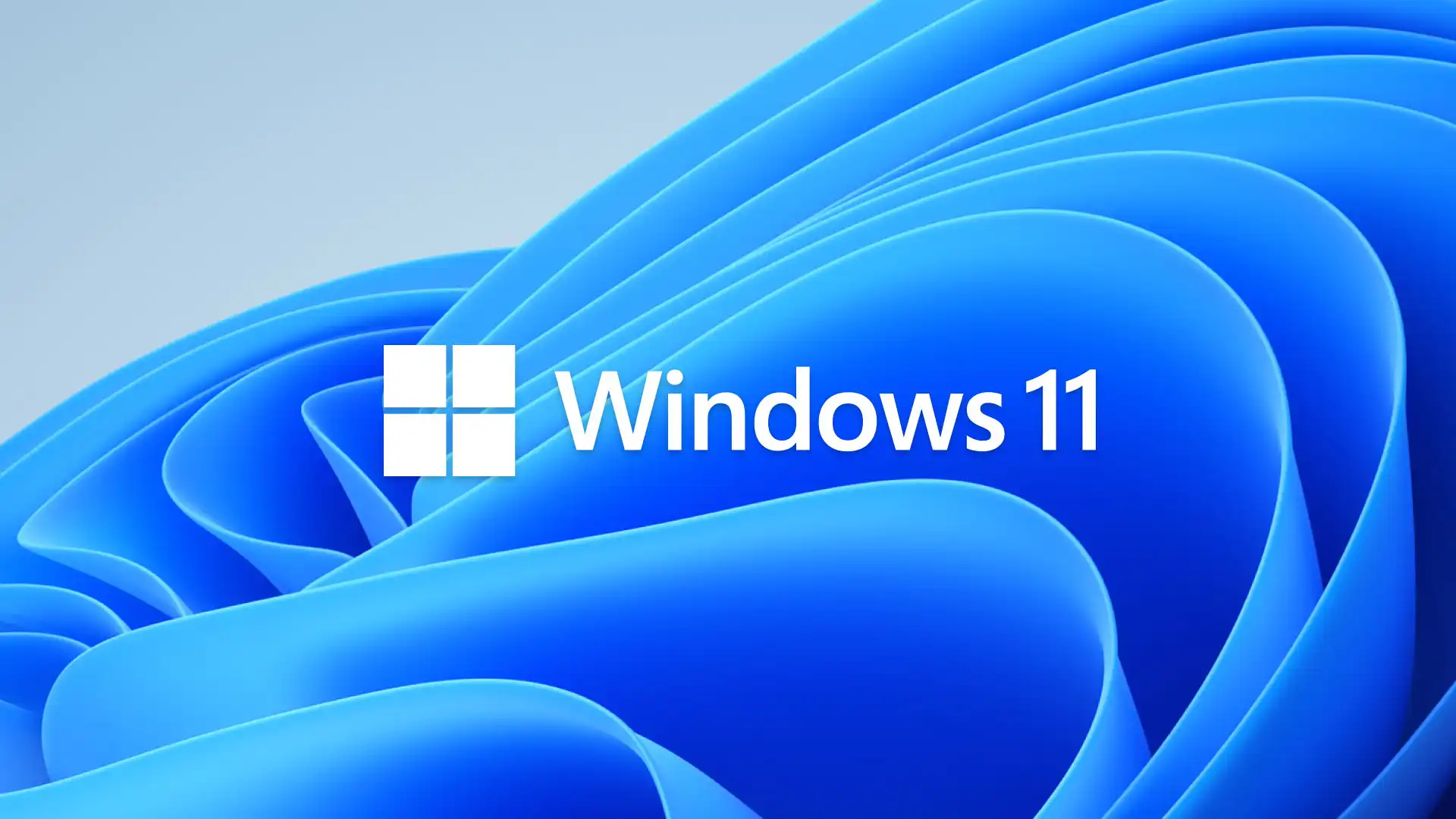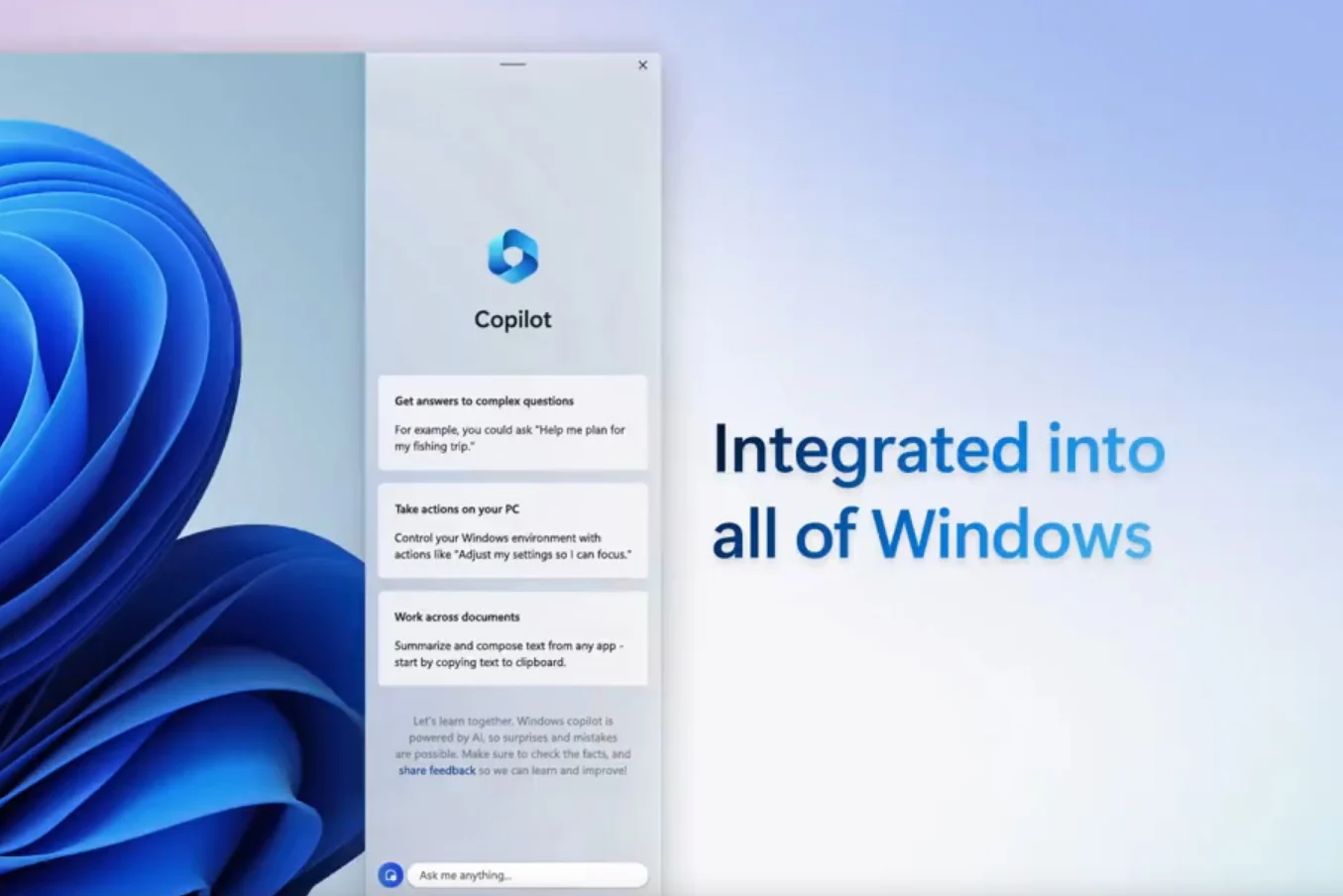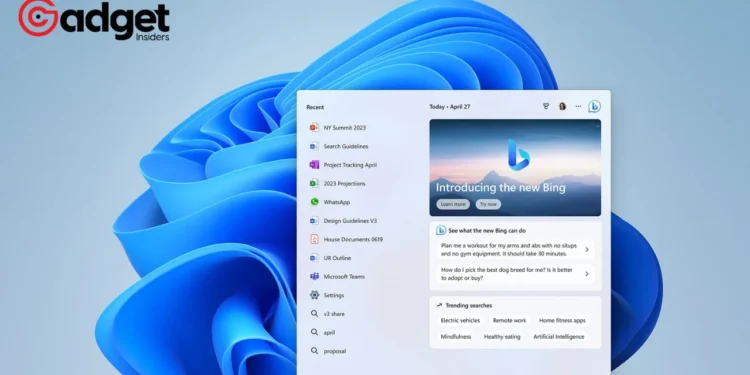In the ever-evolving landscape of operating systems, Microsoft’s decision to forgo the release of Windows 12 in favor of another update for Windows 11, dubbed version 24H2, has sparked a considerable amount of discussion among tech enthusiasts and industry analysts alike. This choice, while seemingly innocuous, represents a significant missed opportunity for Microsoft to reinvigorate interest in the Windows ecosystem and position itself as a leader in the burgeoning field of AI-integrated desktop environments.

Windows 11: The Significance of the Germanium Update
The upcoming Windows 11 version 24H2, based on the new Germanium platform, marks a significant leap in the operating system’s evolution. This update promises substantial changes and improvements, with a pronounced emphasis on AI, featuring advancements like an advanced copilot, AI-powered voice clarity, and super-resolution capabilities.
Such a major platform release, akin to the transformation seen with the introduction of Windows 11 in 2021, underscores the potential that a rebranded Windows 12 could have had in drawing renewed interest and excitement towards PCs.
Windows 12: An Unfulfilled Vision for AI Dominance
Imagining the next operating system from Microsoft as the premier operating system for AI is not a stretch. The advancements slated for release in version 24H2 could have served as the foundation for a new era of Windows, one where AI integration isn’t just a feature but a defining characteristic.
From the advanced copilot aiding in various scenarios to the integration of AI-powered features like voice clarity and automatic super-resolution, Windows 12 could have been a testament to Microsoft’s commitment to leading the AI revolution in personal computing.

The AI Boom and Missed Marketing Genius
Reflecting on the shift to remote work in 2021 and the resultant boom in PC sales, Microsoft’s decision to launch Windows 11 was a strategic move that capitalized on the moment to rejuvenate interest in Windows PCs.
In a similar vein, leveraging the current AI boom with a major release like Windows 12 could have replicated, if not surpassed, that success. This move would not only have aligned Microsoft with the latest technological trends but also positioned Windows as the go-to platform for cutting-edge AI capabilities.
Windows 11's final "Moment Update" has these new features #windows11 #features #aihttps://t.co/3BCYKmOxKg pic.twitter.com/QDrxuCxZvS
— ghacksnews (@ghacks) February 19, 2024
The Role of Hardware Partnerships in Shaping Windows’ Future
The anticipation surrounding the next Windows update has been palpable, with partners like Qualcomm hinting at significant advancements and the dropping of support for 32-bit Arm apps. The focus on Arm-based devices and the introduction of the Qualcomm Snapdragon X Elite chipset underscore the technological strides being made in hardware.
However, the decision to continue with the Windows 11 branding, despite these advancements, potentially diminishes the perceived impact of this release, undermining the excitement and momentum built up by Microsoft and its partners.
Navigating the Fragmentation Dilemma
The debate over whether to transition to Windows 12 touches on the broader issue of platform fragmentation. Microsoft’s efforts to consolidate the Windows platform have been aimed at reducing fragmentation and ensuring a unified experience across devices.
Yet, the advancements and features introduced with version 24H2 raise questions about the necessity of maintaining a single version name when the underlying technology and capabilities signify a generational leap in the operating system’s evolution.

The Road Ahead for Windows
In the face of competition from Apple and the growing expectation for innovative and integrated AI capabilities, the path Microsoft chooses to take with Windows will be crucial. While the decision to stick with Windows 11 for the upcoming update may be seen as a missed opportunity, it also presents a challenge for Microsoft to effectively communicate the significance and impact of these advancements.
The potential for Windows to regain the spotlight and excite users about the future of PC computing remains high, but it will require a clear vision and strategic branding to realize this potential fully.
While Windows 11 version 24H2 promises exciting advancements, particularly in the realm of AI, the decision to eschew the Windows 12 moniker may represent a missed opportunity for Microsoft.
By embracing a new version name, Microsoft could have more effectively captured the public’s imagination and signaled the beginning of a new era for Windows. As the tech world continues to watch, the question remains: can Windows maintain its relevance and appeal in an increasingly competitive and innovation-driven market?










